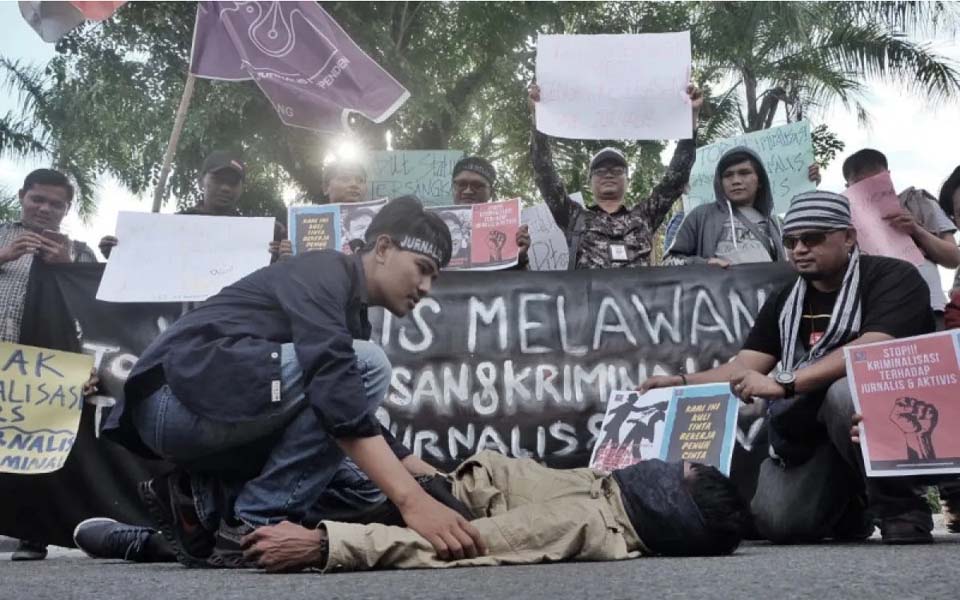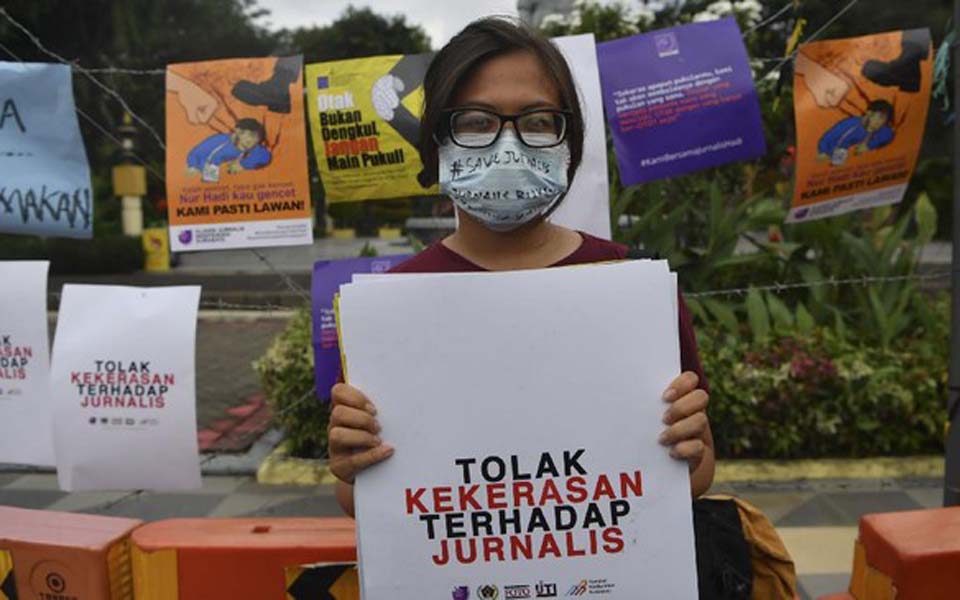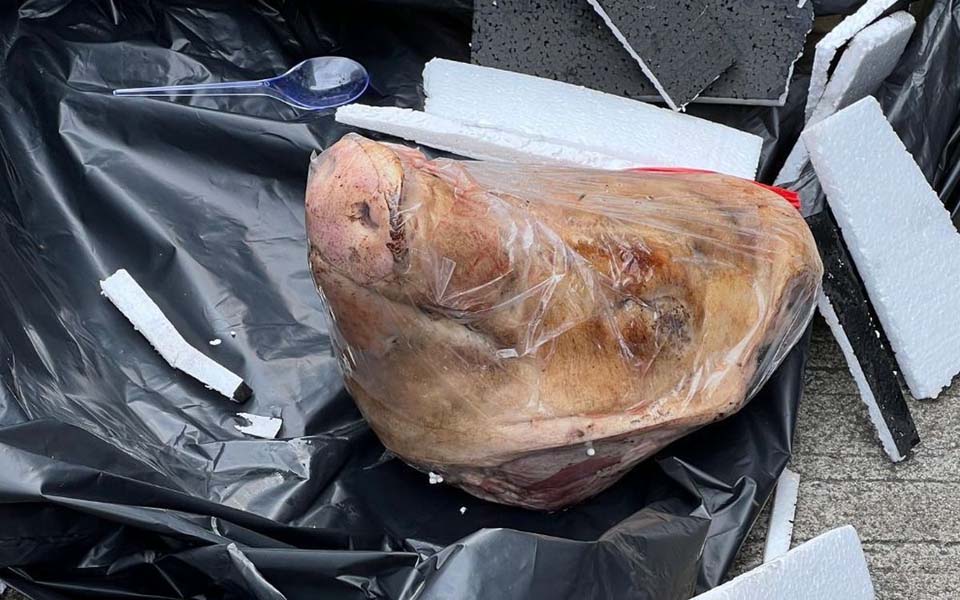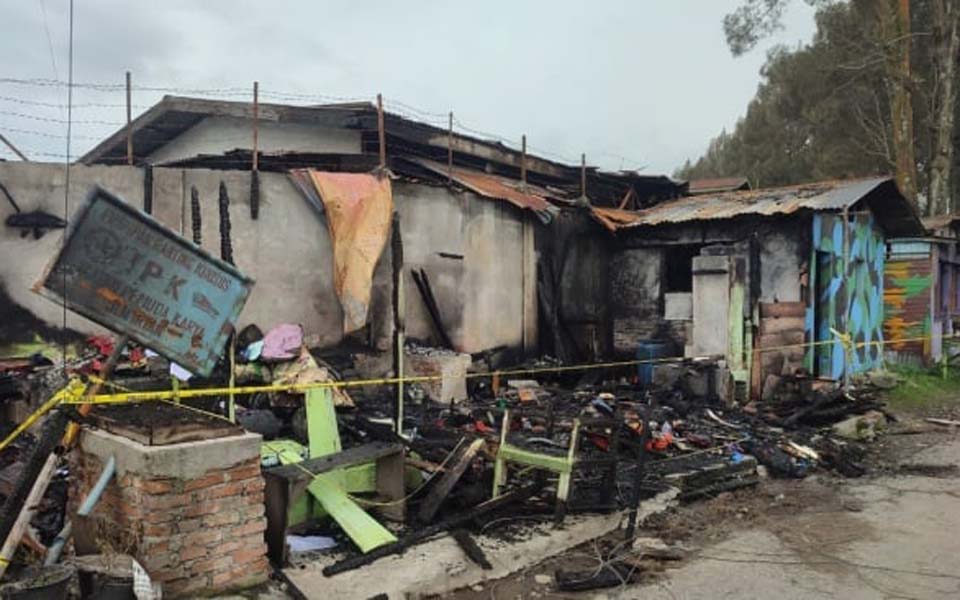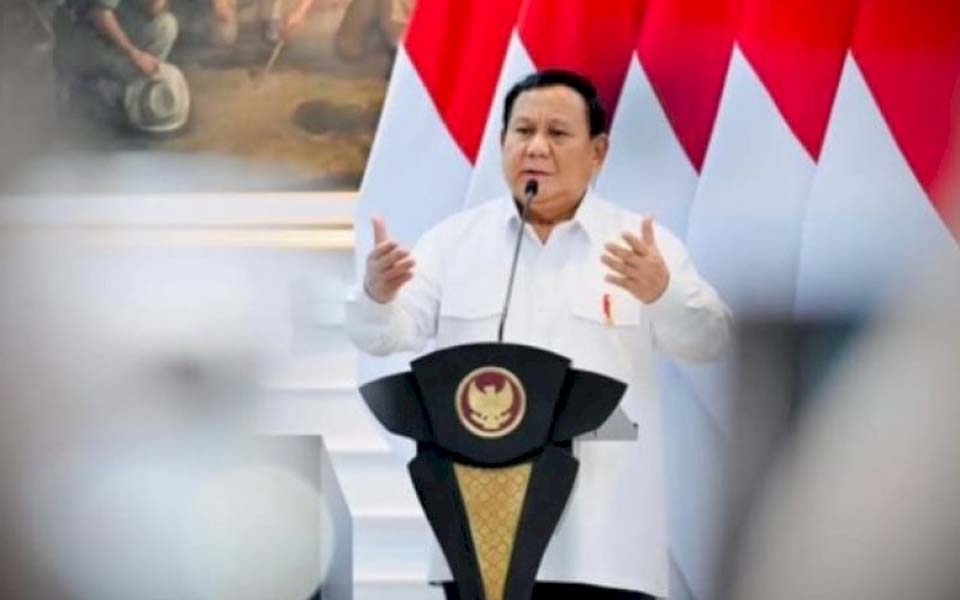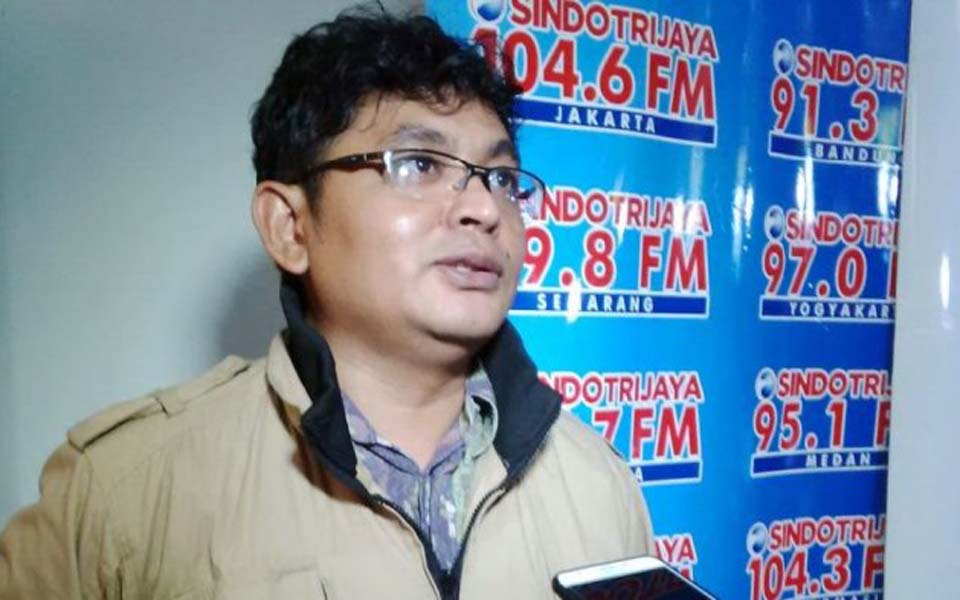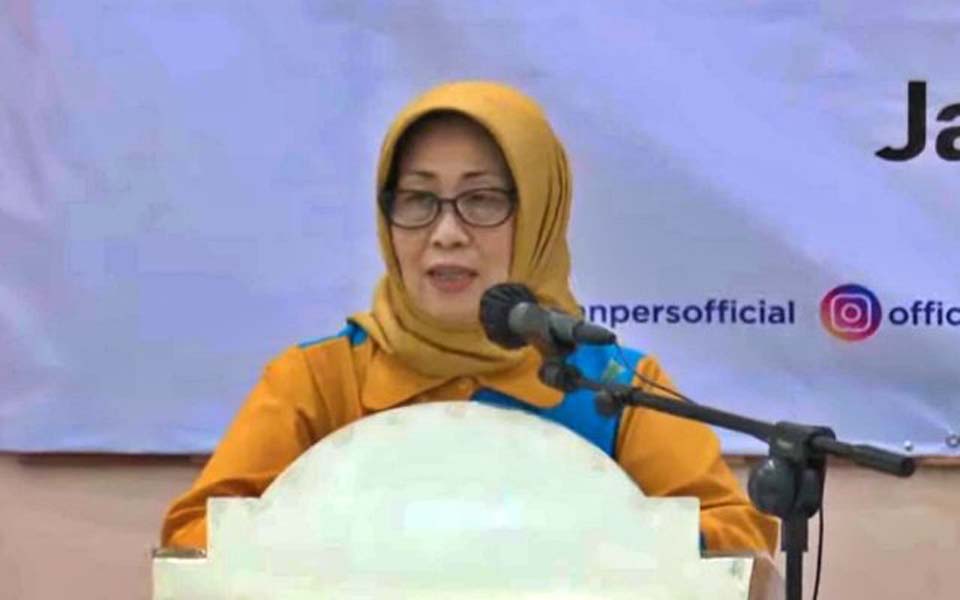Ichsan Emrald Alamsyah, Jakarta – Research, Technology and Higher Education Minister Mohamad Nasir says that it is acceptable to discuss ideas such as Marxism and an Islamic caliphate on campus as long as it is limited to academic study and under the guidance of a lecturer.
“Studying science on campus is okay, what isn’t allowed is adopting it as an ideology, because the state is based on the NKRI (Unitary State of the Republic of Indonesia) and Pancasila”, Nasir told journalists in Jakarta on Tuesday July 30.
Nasir said that Indonesia has four national pillars, namely the NKRI, Pancasila as the national ideology, the 1945 Constitution (UUD 1945) and the motto Bhineka Tunggal Ika (Unity in Diversity). These four pillars must be held on to firmly by all members of society in the life of the Indonesian nation and state.
He said that ideas other than Pancasila can be discussed openly and studied academically and or in academic forums.
“But it’s restricted to comparative studies. Let’s say a person is discussing Pancasila and discussing a particular country’s ideology, about other countries which have [different] ideological experiences, let’s say Marxism, countries that have a capitalist ideology, one country is a caliphate, why did they do that, how their history unfolded, but Indonesia has never chosen this, Indonesia has the NKRI, Pancasila as the state ideology, the 1945 Constitution as the national principle and the motto of Bhineka Tunggal Ika”, he said.
Nasir said that the four national pillars are a result of the thinking of the country’s founders who originated from different backgrounds which was aimed at uniting Indonesia into one nation.
Even though discussing ideas such as Marxism is allowed, it must be confined to internal studies between students and lecturers and not in public.
“It’s only for internal consumption within academic study, if such studies are taken outside [campus] it means its propaganda, that’s not allowed”, he said.
Aside from this, Nasir is also asking all tertiary education rectors and the directors of polytechnics throughout Indonesia to record the contact phone numbers and social media accounts of lecturers, civil servants and students in order to prevent radicalism.
“If they spread radicalism, let’s say related to the HTI (the banned pro-caliphate group Hizbut Tahrir Indonesia), then we will check if it’s true, through profiling, if we already have this data then profiling will be faster. If indeed it’s proven to be the case then we will educate them so that they return to the NKRI”, he said.
[Translated by James Balowski. The original title of the article was “Menristek: Boleh Bahas Marxisme dan Khilafah, Asal...”.]






